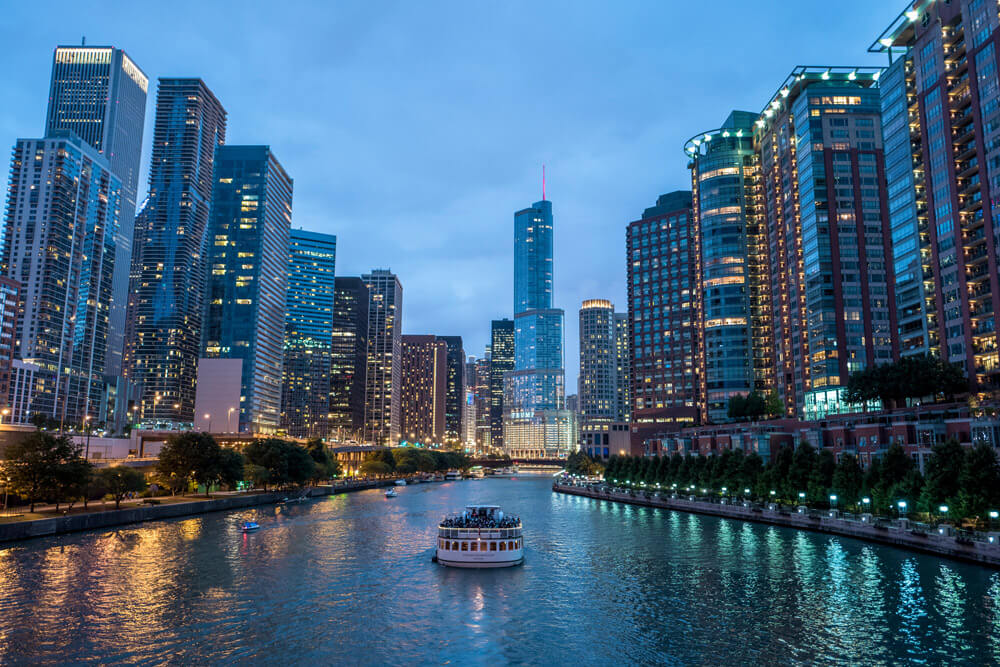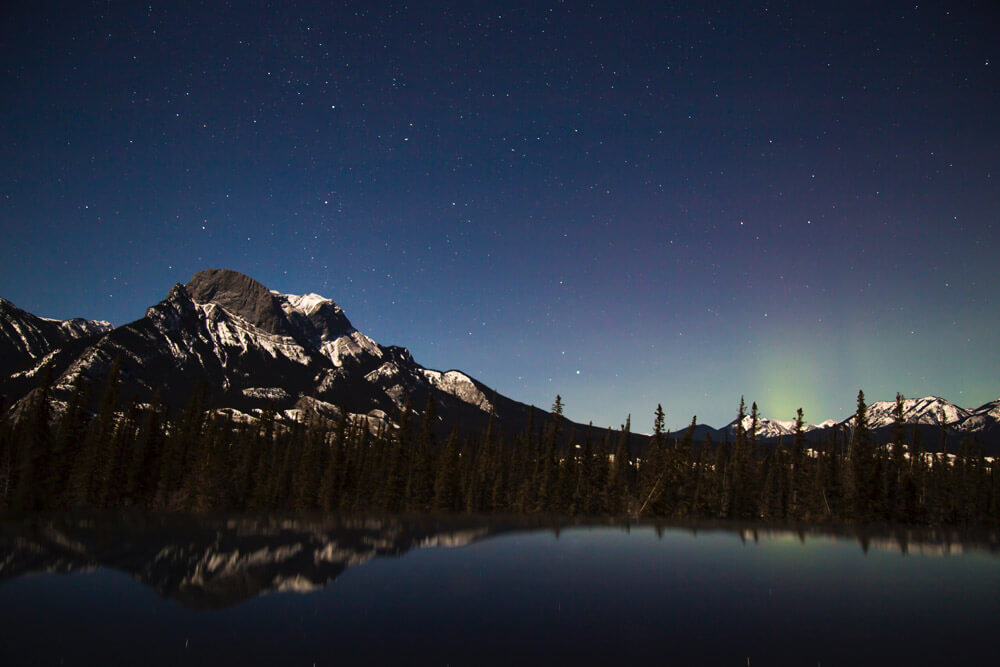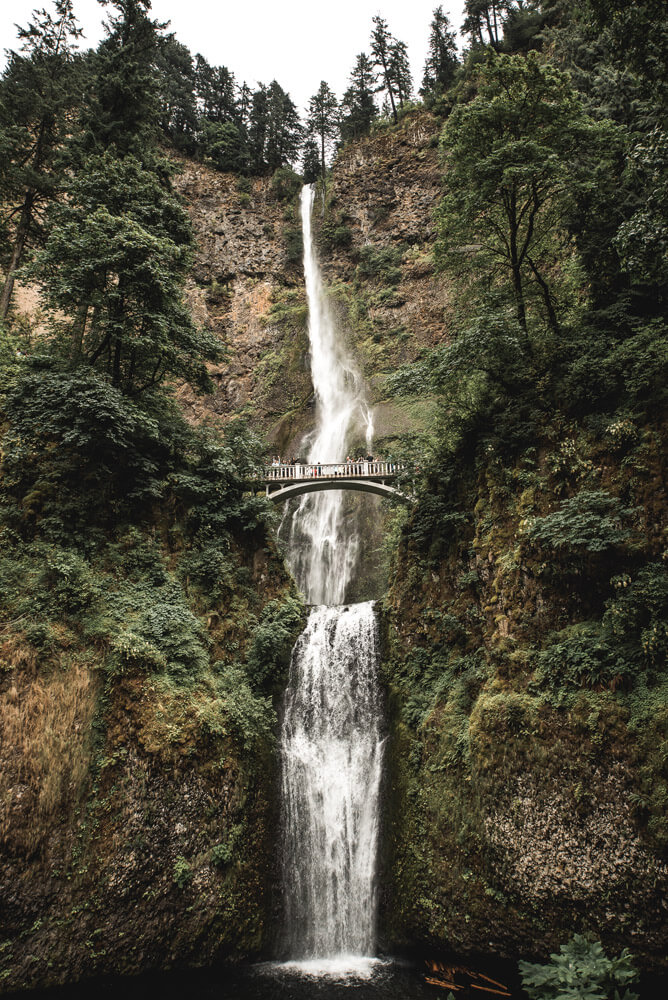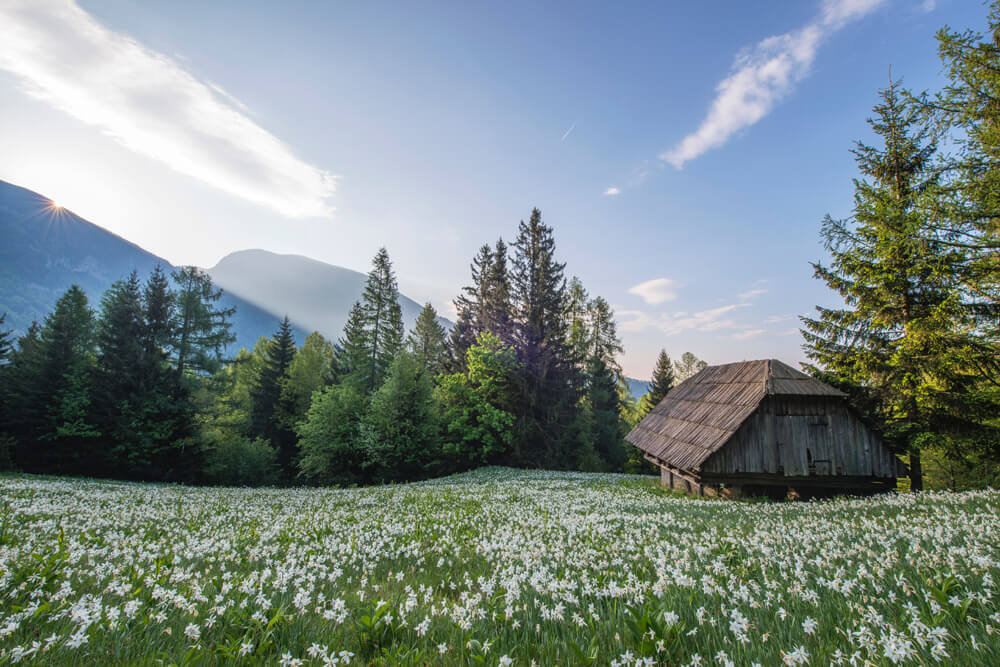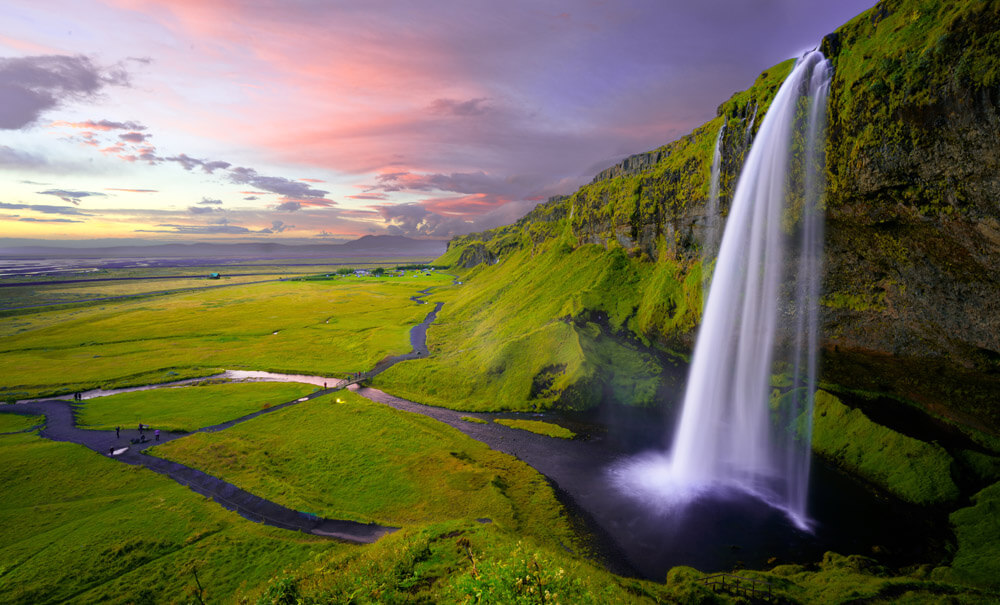Egypt: The Cradle of Civilization and Timeless Wonder
Egypt, a land steeped in history and mystery, is a country that has captivated the imagination of travelers for millennia. Situated in the northeastern corner of Africa, bordered by the Mediterranean Sea to the north and the Red Sea to the east, Egypt is home to some of the world’s most iconic monuments, ancient temples, and magnificent pyramids. Let’s embark on a journey to explore the wonders of this timeless land.
History and Culture:
Egypt’s history spans over 5,000 years, making it one of the oldest civilizations in the world. The ancient Egyptians left behind a rich cultural legacy, including remarkable achievements in architecture, art, science, and religion. The Great Pyramid of Giza, the Sphinx, and the temples of Luxor and Karnak stand as testaments to the ingenuity and skill of the ancient Egyptians.
Egypt’s cultural heritage is as diverse as its history, with influences from various civilizations, including the Greeks, Romans, and Arabs. Visitors to Egypt can explore the country’s rich cultural heritage by visiting landmarks such as the Egyptian Museum in Cairo, which houses an extensive collection of artifacts, including the treasures of Tutankhamun.
Landmarks and Attractions:
Egypt is home to some of the world’s most iconic landmarks and attractions. The Pyramids of Giza, including the Great Pyramid of Khufu, are perhaps the most famous, attracting millions of visitors each year. The Sphinx, with its enigmatic smile, guards the pyramids and is a must-see attraction for anyone visiting Egypt.
Luxor, often referred to as the “world’s greatest open-air museum,” is home to the Karnak and Luxor temples, as well as the Valley of the Kings and the Valley of the Queens, where visitors can explore the tombs of ancient pharaohs and queens.
Cairo, the capital city, is a vibrant metropolis with a rich history and culture. Visitors can explore the city’s historic neighborhoods, including Islamic Cairo, home to the Khan el-Khalili bazaar and the Al-Azhar Mosque, one of the oldest universities in the world.
Nile River:
The Nile River, the longest river in the world, is the lifeblood of Egypt, providing water, transportation, and fertile soil for agriculture. A cruise along the Nile is a popular way to explore the country’s ancient temples and monuments, with stops at cities such as Aswan, Kom Ombo, and Edfu.
Cuisine and Gastronomy:
Egyptian cuisine is as diverse as its history and culture, with a wide range of flavors, ingredients, and dishes to suit every taste and budget. Staple foods include falafel, kushari, and ful medames, while traditional dishes such as kofta, tagine, and mahshi are popular throughout the country.
Red Sea Coast:
Egypt’s Red Sea coast is a paradise for beach lovers and water sports enthusiasts. The resort towns of Hurghada and Sharm El Sheikh offer some of the best diving and snorkeling opportunities in the world, with colorful coral reefs, abundant marine life, and crystal-clear waters.
Modern Egypt:
While Egypt is famous for its ancient history, the country is also home to a vibrant and modern society. Cairo, Alexandria, and other major cities are bustling with life, with vibrant street markets, lively cafes, and a thriving arts scene. Egyptians are known for their warm hospitality and love of music, dance, and celebration.
- Conclusion:
Egypt, with its rich history, stunning landmarks, and vibrant culture, is a destination like no other. Whether you’re exploring the pyramids, cruising along the Nile, or relaxing on the Red Sea coast, Egypt offers an experience that is both unforgettable and deeply enriching. As the country continues to evolve and grow, it remains a timeless wonder, waiting to be explored by adventurers, history buffs, and curious travelers from around the world.


